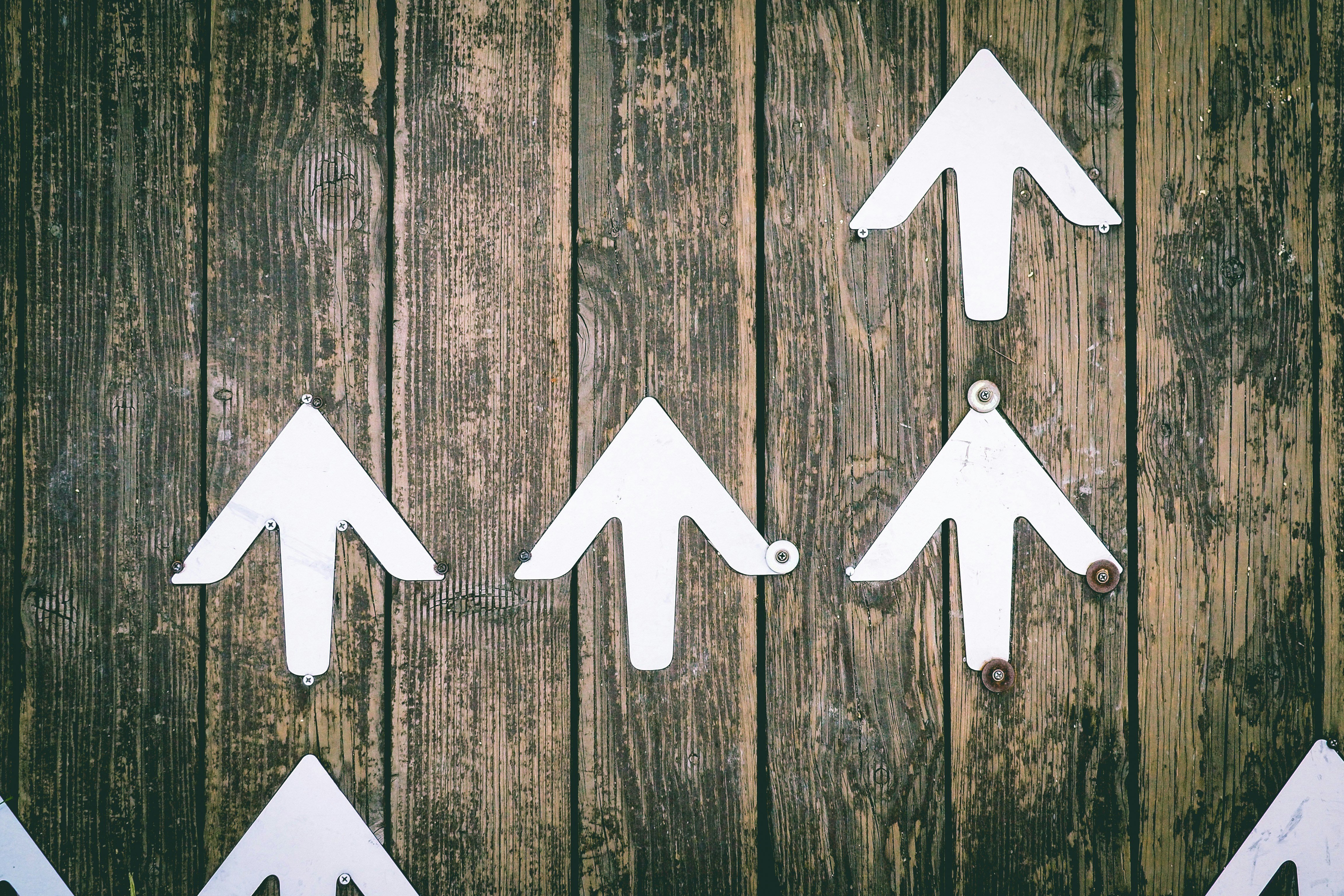How to Reflect

Last month I had the opportunity to deliver a series of webinars to a powerlifting audience. The focus of these webinars was how to mentally prepare before, during and after competition, and I wanted to share a small part of this process with you. Reflection as a process is key; it enables us to learn from ours (and others) experiences, create action plans and positively affect future behaviour.

There are numerous ways to reflect; from a conversation through to video analysis and written logs, but I wanted to share a simple technique within this months issue.
- Hot Debrief - Post-performance you need to capture your thoughts and feelings about what just happened, these are going to very emotionally driven so capturing these in a voice note might be more appropriate than writing them down. This information should be descriptive; you don't need to analyse what happened and why (this comes later).
- Experience - The second stage is for you to ride the emotions you are feeling. You need to experience these rather than trying to battle them (i.e., fighting against frustration). You need to be present and accept how you are feeling. It's important at this point to connect to others, such as meeting with family or friends and participate in activities you were unable to do prior to your competition or performance (i.e., that late night out for a film or food).
- Understand - Next in your reflection process is to understand what you are feeling, what you felt, and provide insight into why these feeling may have occurred. You can look to label your emotions at this stage; what umbrella term can you give to how you feel right now? (i.e., happy, overwhelmed, sad). We can also deep dive into understanding why certain feelings, actions, behaviours or decisions were made in your performance and create action plans for how we might overcome (or manage) these factors in future.
- Debrief - The final step is about you turning this so-far individual reflection process into a collaboration. Self-reflect on the various aspects of your performance, and then connect with your coaches, support staff and peer athletes to gather their perceptions and reflections on your performance. This co-reflection enables you to access an alternative perspective on your performance; you will share and learn from this. You will also be able to make shared decisions about your action plan, reset appropriate targets and monitor your progress over the coming weeks and months.
Further Reading: Cropley, B., & Knowles, Z. (Eds.). (2014). Reflective Practice in the Sport and Exercise Sciences: Contemporary issues (1st ed.). Routledge.